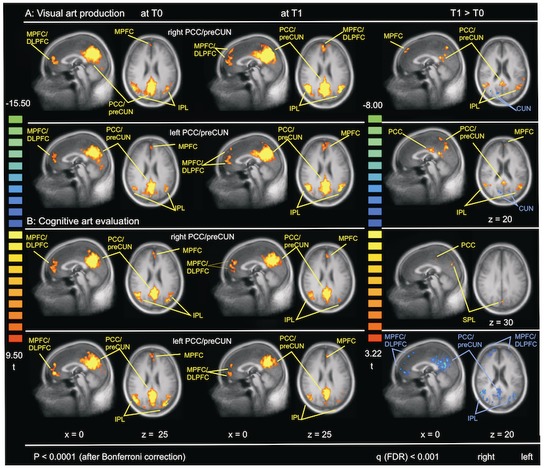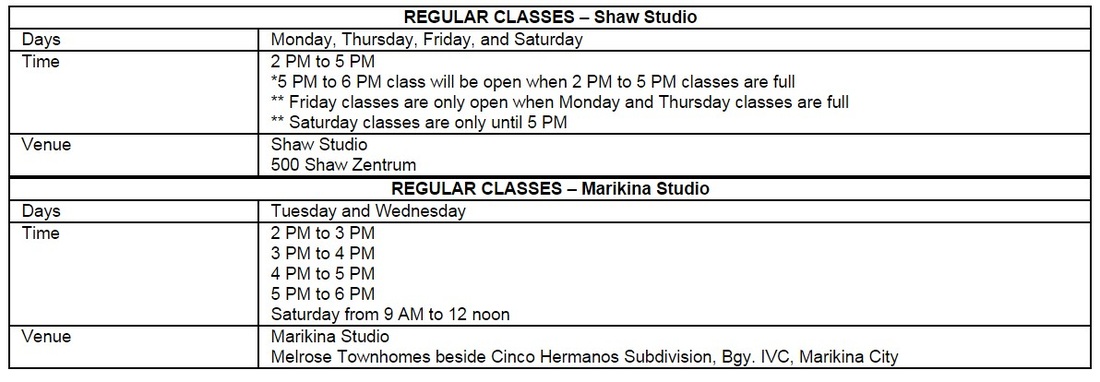Basically, the Mozart controversy was born out of a research by the University of California where college students who listened to ten minutes of Mozart before taking an intelligence test apparently had improved scores after.
Ultimately, this "Mozart effect" caught up where parents started playing Mozart to their children, and record companies started packaging volumes of classical music to sell to ecstatic parents.
Fast forward to 2015, and there is yet to be a study substantial enough to claim the causal relationship between the arts and intelligence.
So what are the arts good for? What can the arts teach and what can kids learn from it?
Art teaches how to envision
Art teaches kids to think about what they cannot see. And despite that there are subjects to base a drawing or a painting project on; most of the time, the subject is a product of one's imagination.
Art teaches kids to empathize
In a 2007 research entitled “Why Our Schools Need the Arts”, the researcher asked children and adults to draw what happiness, sadness, and anger means for them, and found that even young kids can communicate their feelings through drawings and color.
“Art is an irreplaceable way of understanding and expressing the world. There are some truths about life that can be expressed only as stories, or songs, or images. Art delights, instructs, consoles. It educates our emotions.” says Dana Goia, Chairman of the National Endowment for the Arts.
Art trains a child’s ability to concentrate
Head psychologist, Michael Posner, of the University of Oregon developed computerized activities designed to mimic the brain activity when a child's attention is focused in doing art.
Art increases brain activity and improves psychological resilience
Aside from the cognitive perks of enjoying and appreciating art, doing art with your own two hands has been known to play a role in brain activity and psychological resilience. You can learn more about the study that supports this at this link.
While these supporting statements about art being related to intelligence are largely focused on kids, adults can benefit from art as well. Several studies have shown that art exposure and appreciation reduces stress, alters thinking and behavior patterns for the better, and normalizes blood pressure and heart rate. That’s a lot of takeaways for something that is already within our reach.
Here at Art Smart, our classes are not only for kids, but for adults, too!
Check out our regular schedules to book a class or for any inquiries, please contact us at any of our details found on this link.





 RSS Feed
RSS Feed
